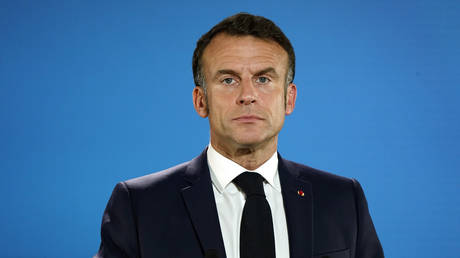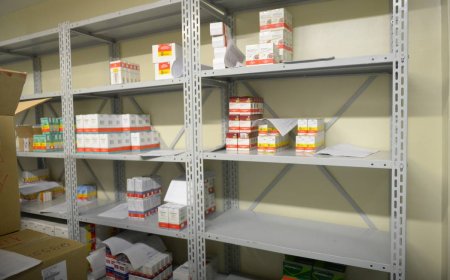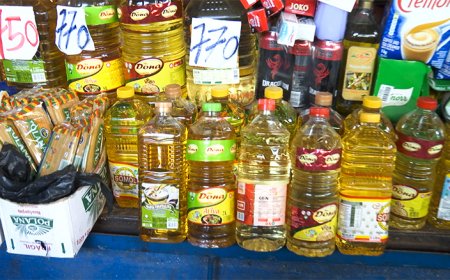CAD Rejection: CNE member and MDM under disciplinary investigation
The Democratic Movement of Mozambique (MDM) is displeased with Bernabé Ncomo, the party's representative on the National Election Commission (CNE), due to his support for the rejection of the Democratic Alliance Coalition's (CAD) candidacy for the upcoming Legislative and Provincial Assembly elections in October.
The MDM leadership, through its jurisdictional committee, has summoned Ncomo for a hearing next Saturday, where he must justify the motivations and convictions behind his behavior, knowing the party's stance regarding CAD. Ncomo risks facing a disciplinary process.
The information was disclosed to TORRE.News by senior MDM member Augusto Pelembe, who characterized the CNE's decision as an act of political intolerance that the party neither supports nor endorses.
"The MDM summoned the member to explain himself. The meeting will take place on Saturday. It was a case of political intolerance. It makes no sense for the CNE to accept everything and later declare that what it decided is no longer valid. The nullity is a delaying tactic and this is bad for democracy," Pelembe said in an interview with TORRE.News.
According to the same source, the MDM condemns the CNE's attitude, does not support the decision, and expects the Constitutional Council, as the specialized electoral tribunal, to restore the truth and reinstate CAD in the electoral race, considering the principle of pluralism in such processes.
However, Pelembe believes that the CNE member appointed by the third political force in Mozambique may have supported the rejection of CAD independently.
Ncomo's position was reported by Salomão Moiane, also a CNE member, who exposed the political reasons behind the Frelimo and Renamo consortium's "illegal" rejection of CAD's candidacy, after its registration had been approved and published in the Government Gazette by the same body, concluding the phase within the framework of the principle of progressive acquisition of electoral acts.
"It was strange that colleagues from the body, from political parties, Frelimo, Renamo, and MDM, reached a consensus on the matter, harming the principle of political pluralism by excluding CAD," Moiane said.
By behaving this way, the MDM allowed a competing political coalition to be administered a deadly poison, similar to what was done to the MDM itself in 2009, when the Democratic Movement of Mozambique saw its lists illegally rejected in 6 out of 10 electoral districts for purely political reasons.
In that year, Frelimo and Renamo, driven by the logic of bipolarization, excluded the MDM in 9 out of 13 electoral districts. The decision was criticized by the parties themselves, civil society, and international donor representatives, such as the European Union ambassadors.
At the time, the CNE alleged that the MDM's candidacy contained irregularities, such as missing documents. Moreover, the CNE did not notify the parties to submit the missing documents or replace the candidates in question, as provided for in the electoral law, thus severely reducing the new third force's chances in the country.
The MDM only presented candidates in Maputo City, Inhambane, Niassa, and Sofala. In these four districts, only 67 out of 250 deputies were elected to the National Assembly, with the MDM managing to elect 8 deputies. However, in the presidential elections, the MDM's candidate and founder, the late Daviz Simango, was allowed to run.
Twenty years later, the same strategy is being implemented. Venâncio Mondlane is approved (without blemish) for the electoral race, but the coalition supporting him is rejected.
Ironically, Renamo's candidate, the party that joined Frelimo and MDM to reject CAD, Ossufo Momade, publicly lamented the coalition's exclusion, claiming it is detrimental to democracy.
The rejection of CAD could represent a setback in the gains achieved with the 1990 Constitution, which established the multiparty political system.
Regarding the composition of the CNE, several Constitutional Council deliberations have urged the political authorities to professionalize the electoral administration bodies, but the appeal has fallen on deaf ears due to a lack of political will, as the current model allows control of the process by the parties that compose the bodies.
The MDM's involvement in rejecting CAD confirms the thesis advanced by TORRE.News in an article published on June 25, suggesting that CAD represents a serious threat to MDM.
In the article, political scientists, civil society, and documentary analyses converged on the idea that the potential approval of CAD's candidacy and its presidential candidate, Venâncio Mondlane, for the upcoming electoral contests did not represent a threat to Frelimo or Renamo, given the consolidation of their voter bases over time.
Conversely, the MDM, given its current condition marked by internal challenges, finds itself in a zone of vulnerability to the danger represented by CAD.
At the time, analysts who spoke to TORRE.News suggested that MDM, in the October 9 elections, could be relegated to an uncomfortable position in the political chessboard.




















